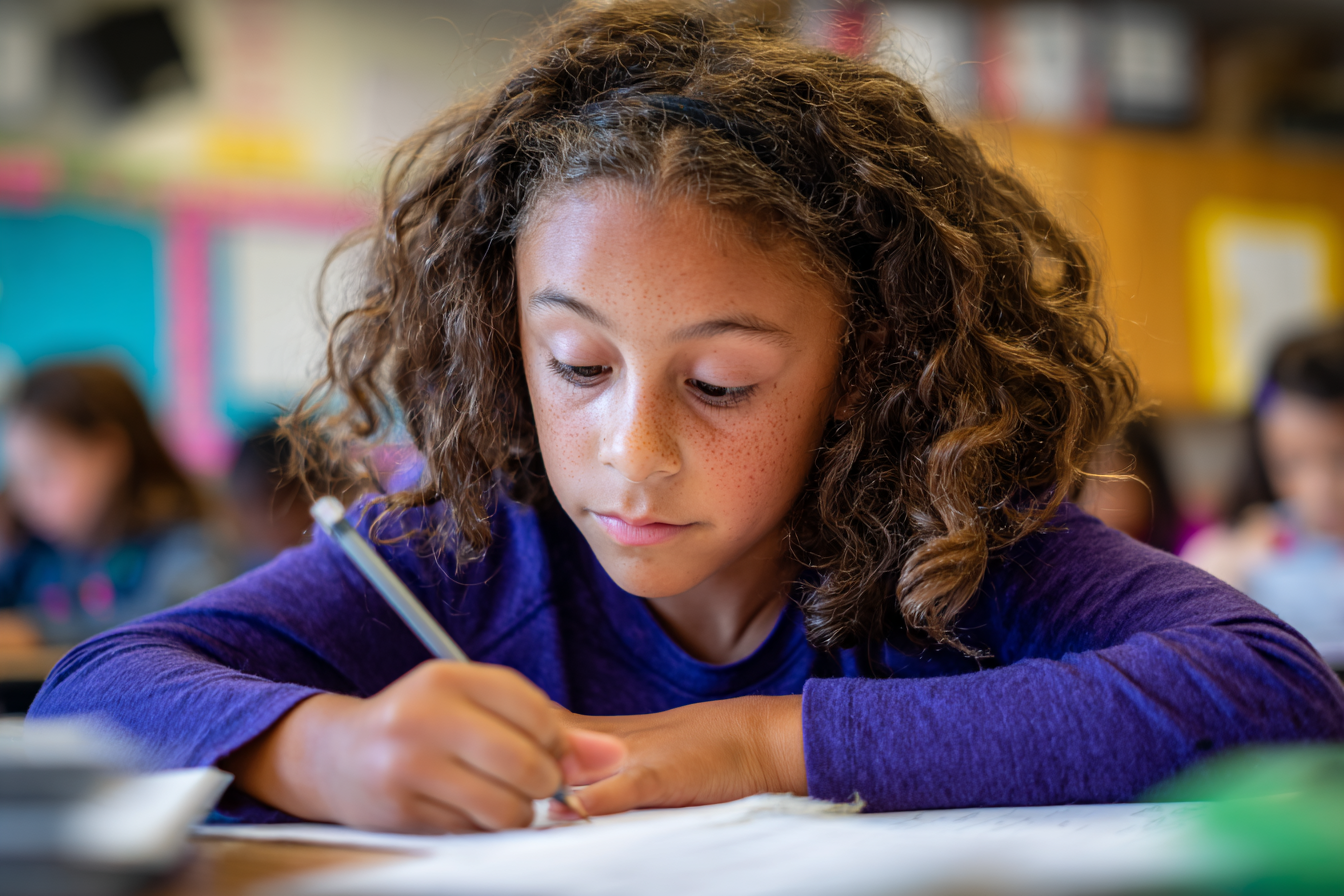Unit Plan 34 (Grade 4 Social Studies): Citizens Taking Action
Lead students in planning and completing a real-world citizenship project that promotes respect, inclusion, and digital responsibility, guiding them to identify a local need, take informed action, and share their impact through a clear, well-crafted communication product.

Focus: Plan and carry out a local improvement or awareness project that demonstrates responsible citizenship, including respect, inclusion, and digital citizenship, and communicate the project’s purpose, actions, and impact through a letter, exhibit, poster, or slide deck.
Grade Level: 4
Subject Area: Social Studies (Civics • Inquiry/Action)
Total Unit Duration: 5 sessions (one week), 45–60 minutes per session
I. Introduction
Students learn that citizens, including kids, can make a difference in their school and community by noticing problems, planning solutions, and taking responsible action. They explore examples of young people who have improved their surroundings, raised awareness, or helped others. Then the class or small groups choose a local issue or goal (e.g., kindness, litter, safety, inclusion, digital behavior) and design a realistic action plan. By the end of the unit, students complete and present a “Citizens Taking Action” project that shows respectful participation and positive contribution.
Essential Questions
- What does it mean to be a responsible citizen in our school and community?
- How can students identify a need or problem and plan a realistic action to improve it?
- How can we show respect, inclusion, and digital citizenship when we work together and share our ideas?
- What are effective ways to communicate our project and its impact to others?
- How can even small actions help build a better classroom, school, or neighborhood?
II. Objectives and Standards
Learning Objectives — Students will be able to:
- Describe what responsible citizenship looks like at school and in the community (respect, inclusion, digital citizenship, participation).
- Identify a local need or issue they care about and help define a realistic action goal.
- Work with classmates to create a Citizens Taking Action Plan that includes tasks, roles, timeline, and needed materials.
- Implement an improvement or awareness project (e.g., posters, announcements, kindness campaign, mini clean-up, awareness day) using respectful and safe behaviors.
- Communicate the project’s purpose, actions, and results through a letter, exhibit, poster, or slide deck to an appropriate audience.
- Reflect on how their project demonstrated responsible citizenship and what they might do next.
Standards Alignment — 4th Grade (C3-based custom)
- 4.C3.Inq.5 — Communicate conclusions and propose informed actions (letters, exhibits, maps, slide decks).
- Example: Create a conservation proposal for a local waterway with evidence.
- 4.C3.Civ.5 — Demonstrate responsible citizenship (respect, inclusion, digital citizenship) in school/community.
- Example: Draft a class charter for hallway and online behavior.
Success Criteria — Student Language
- I can explain what it means to be a responsible citizen, including respect, inclusion, and safe digital behavior.
- I can help pick a local issue and plan a realistic action our class or group can take.
- I can work with classmates to share tasks, listen respectfully, and complete our project.
- I can create a poster, letter, exhibit, or slide deck that clearly explains what we did and why it matters.
- I can describe how our project helped our classroom, school, or community, and how I might take action again in the future.
